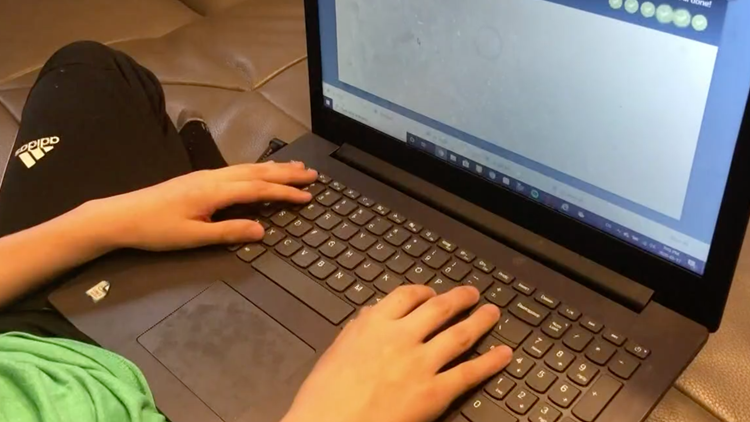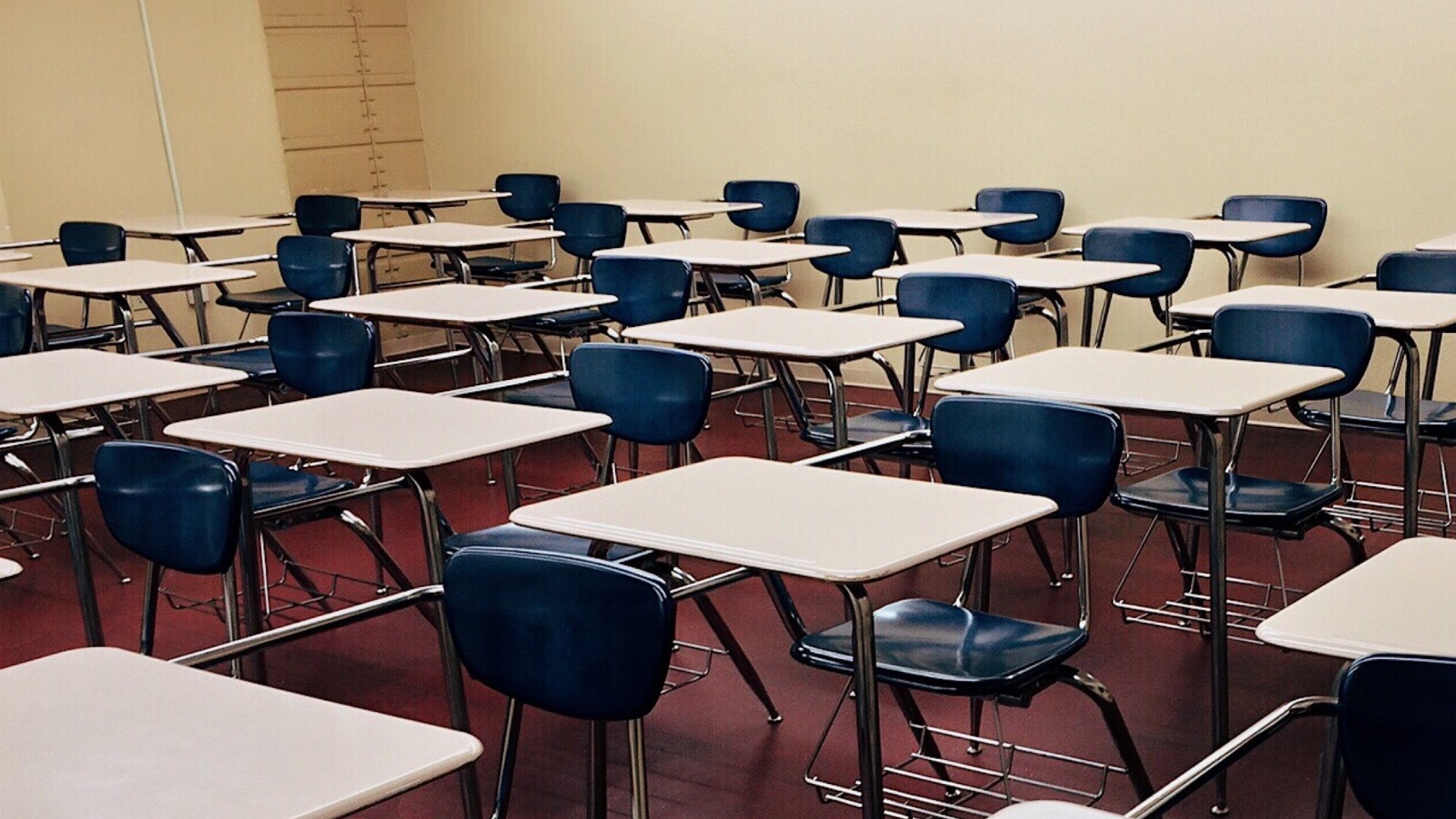North Texas school districts are trying to reach students who have yet to log on for online learning, which has been in place since March.
WFAA asked districts how many students have not been reached through online learning and what is believed to be the cause for students not connecting with the district.
Some districts plan to move students who have not logged on since March to summer classes.
The move to online learning has highlighted the disparity in internet connection at students' homes and technology access for economically disadvantaged students.
Fort Worth ISD, Dallas ISD, Cedar Hill ISD and other school districts have provided thousands of hotspots, laptops and tablets to students to better connect for e-learning.
Allen ISD
The district has not tallied how many students haven't been reached districtwide. There are likely some students who have not “checked in.” "For those – there was a strategy for teachers and/or principals to reach out to them on a case by case basis," according to a district spokesperson.
Denton ISD
The school district has been unable to reach less than 1% of the students that were enrolled on March 17. District officials said typically there is a 97% to 98% percent attendance rate, so the attendance rate online is similar to that of in-person classes. "Students might have moved and not unenrolled, gone to live with relatives, etc. We are hearing a variety of things," according to a district spokesperson.
Fort Worth ISD
Fort Worth ISD has reached 90% of students through online learning program portals, which does not include PreK and Kindergarten students. A district spokesperson says the districts biggest challenge has been technology. Students have received 11,000 hot spots and 12,000 Chromebooks. Parents are also receiving support from the district to help students with online learning.
Students who haven't made contact during the spring semester will be placed in summer programming, which would be either June programs or a late July/early August program, a district spokesperson said.
The district is also adjusting curriculum to support all students, especially those who have struggled to connect back with school, skills and necessary content.
Frisco ISD
At Frisco ISD, approximately 1% of the student population was not participating in all their coursework and about 4 to 5% were not participating in some of their coursework. More secondary students were not participating compared to other levels.
The district has given out more than 6,000 Chromebooks for students. Teachers, counselors and administrators have reached out to families to understand their needs, a district spokesperson said. The district has sent home letters for parents of students who have not been participating and participation numbers have increased over time.
Summer programs will help students who have fallen behind during online learning and help them stay on track for the new school year.
The district also said they are prioritizing social and emotional learning and is supporting students' mental health needs.
Joshua ISD
Less than 1% of students at Joshua ISD have been uncontactable and have received personal home visits to their last know address, a district spokesperson said.
The district says they realize that almost all students will have gaps in learning and they plan to address that in the fall during scheduled intervention time.
Northwest ISD
At Northwest ISD, 99% of students from all grade levels have been submitting assignments online. The district has a "call team" to reach out to parents to learn about their internet needs and learn of any additional support needed, a district spokesperson said.
RELATED: TEA provides changes to 2020-21 school calendars, prepares for 'devastating impact' on students
Plano ISD
As of a week ago, 5.6% of Plano ISD students are not participating in online learning for varied reasons, a district spokesperson said. The technology department helped nearly 400 of those students and families who had internet connectivity issues.
The district also helped families access free internet through service providers and provided hotspots to nearly 300 families, through assistance and grants through the district's foundations and partners.
The district is continuing to work with families of students who have not been in attendance due to other reasons, the district spokesperson said.
Prosper ISD
Prosper ISD said some families were traveling overseas when COVID-19 restrictions began and have not returned to the United States due to travel restrictions.
The district is attempting to contact every student and family, a district spokesperson said. Administrators and the Prosper ISD police are making home visits to assist any needs families may have and to check on students to help in accessing learning online, a district spokesperson said.
Sunnyvale ISD
Sunnyvale ISD teachers are calling families twice a week to check-in and help families with any questions on assignments or technology, a district spokesperson said. Students who requested technology have been provided with it. Hotspots were purchased and delivered for families who needed internet.
In some cases, teachers have made home visits to help students and families, a district spokesperson said.
The district is calling and making home visits to students who have not returned contact.
Sunnyvale Elementary School - 100% contacted, 97.6% participating
Sunnyvale Middle School - 99% contacted, 96.4% participating
Sunnyvale High School - 100% contacted, 96% participating
"For secondary students who have not completed work, we will use an incomplete grade designation and work with students to complete work over the summer," a district spokesperson said.
More on WFAA:
- As school districts plan to open for the fall semester, the question isn't when, but how
- TEA provides changes to 2020-21 school calendars, prepares for 'devastating impact' on students
- Class is in session! WFAA to launch WFAA Academy and kids' book club
- How will the fall semester look? Dallas, Fort Worth school superintendents weigh in




